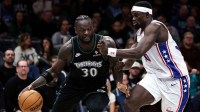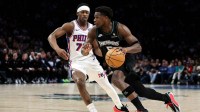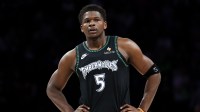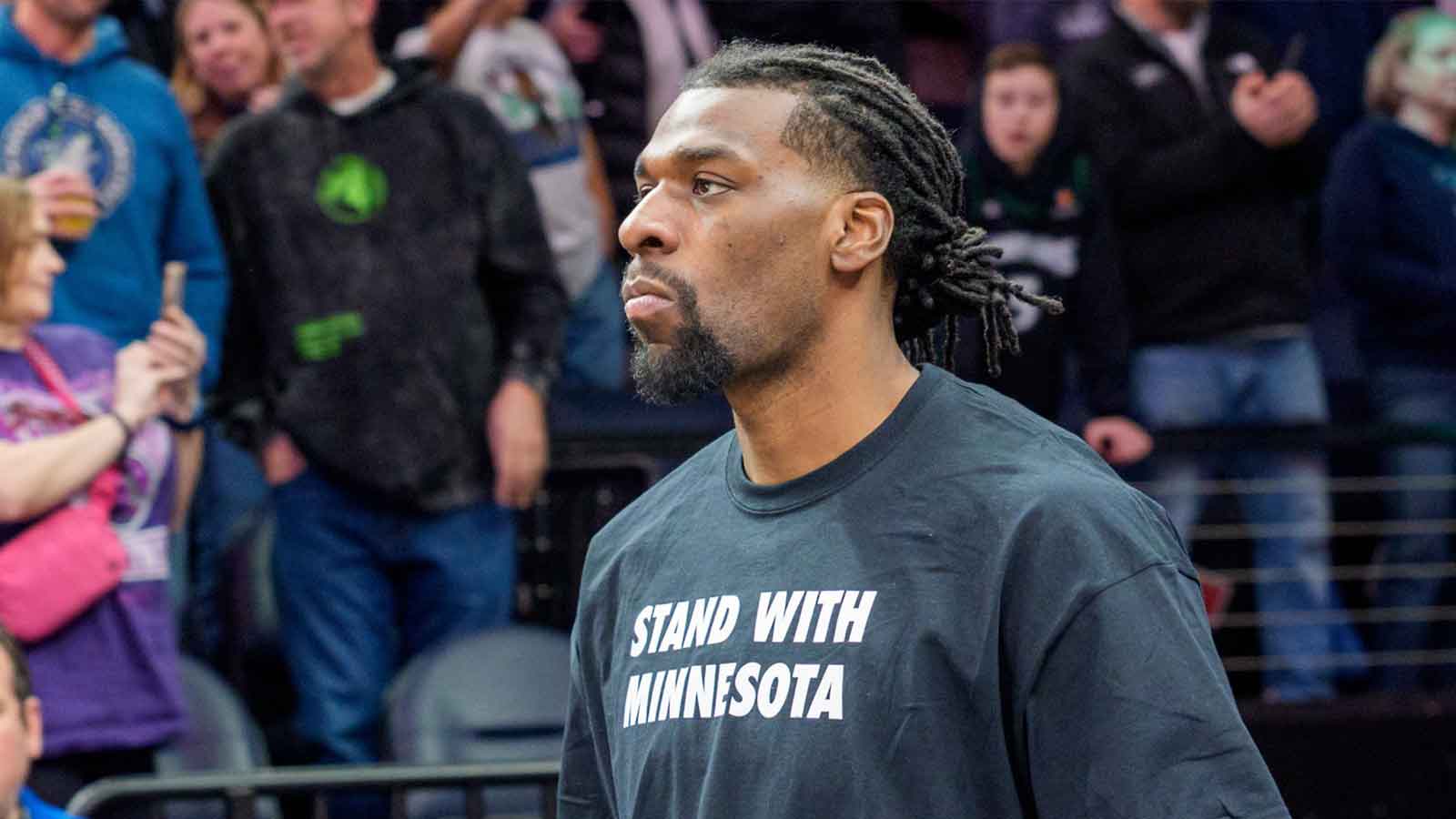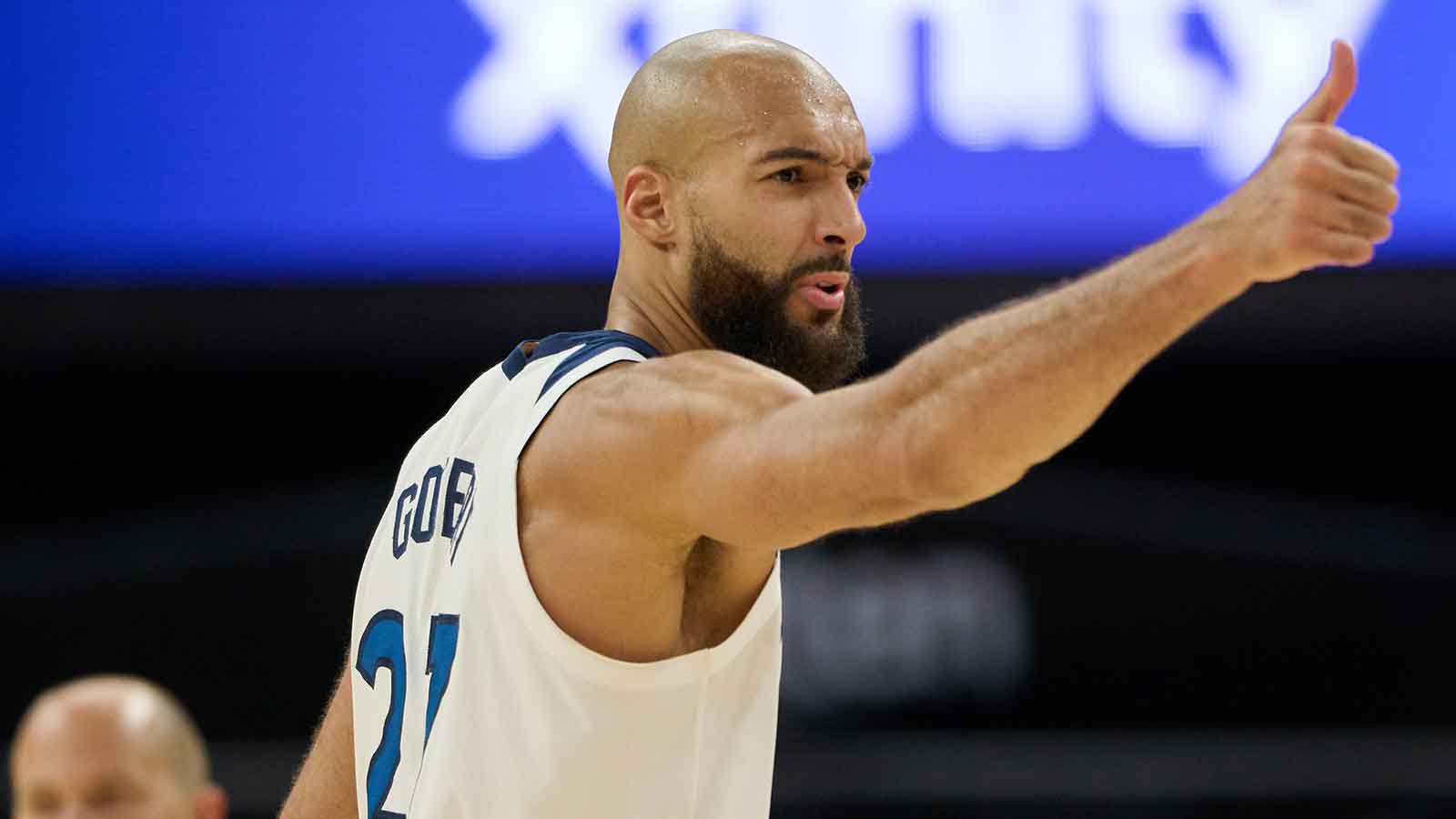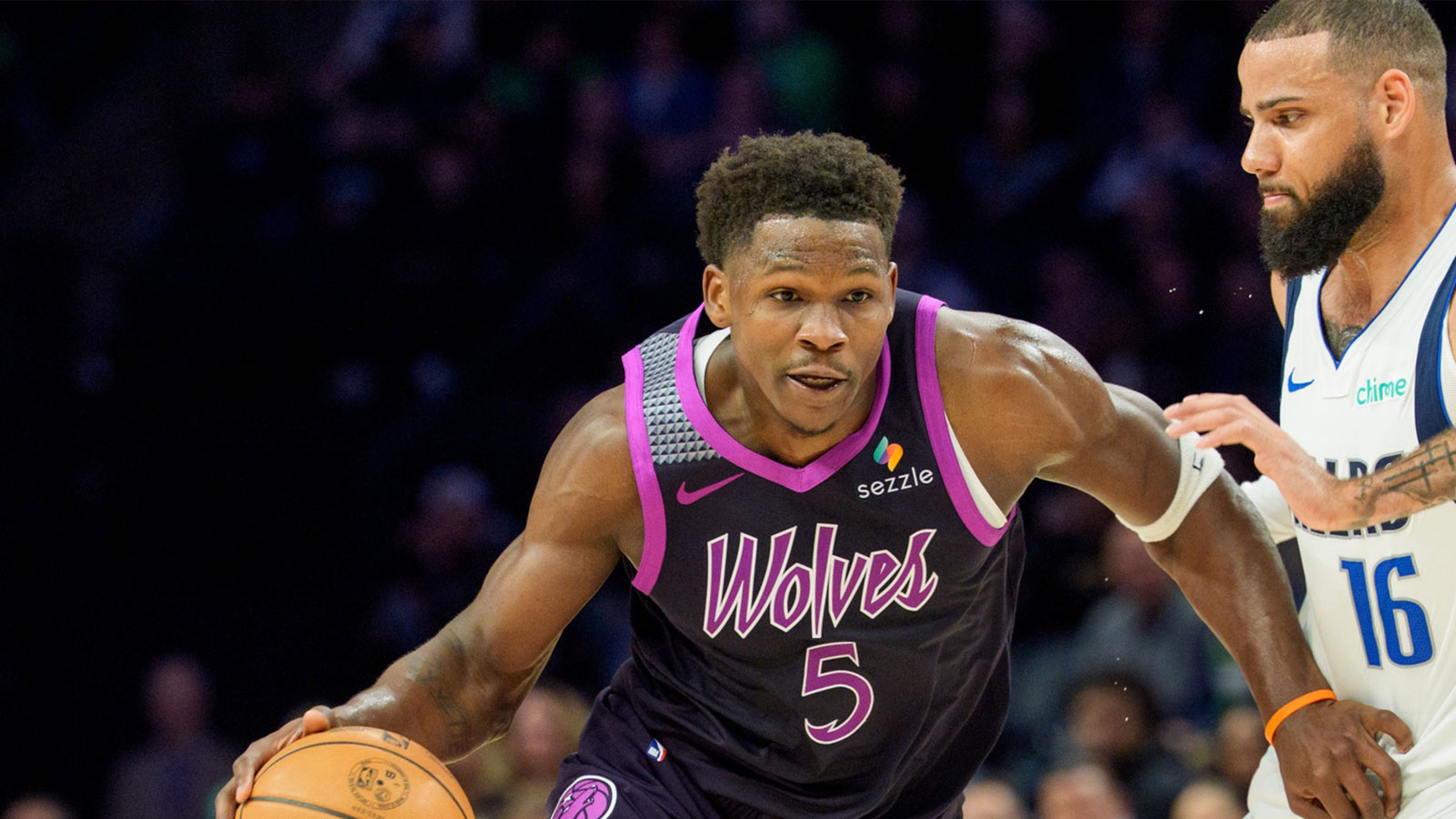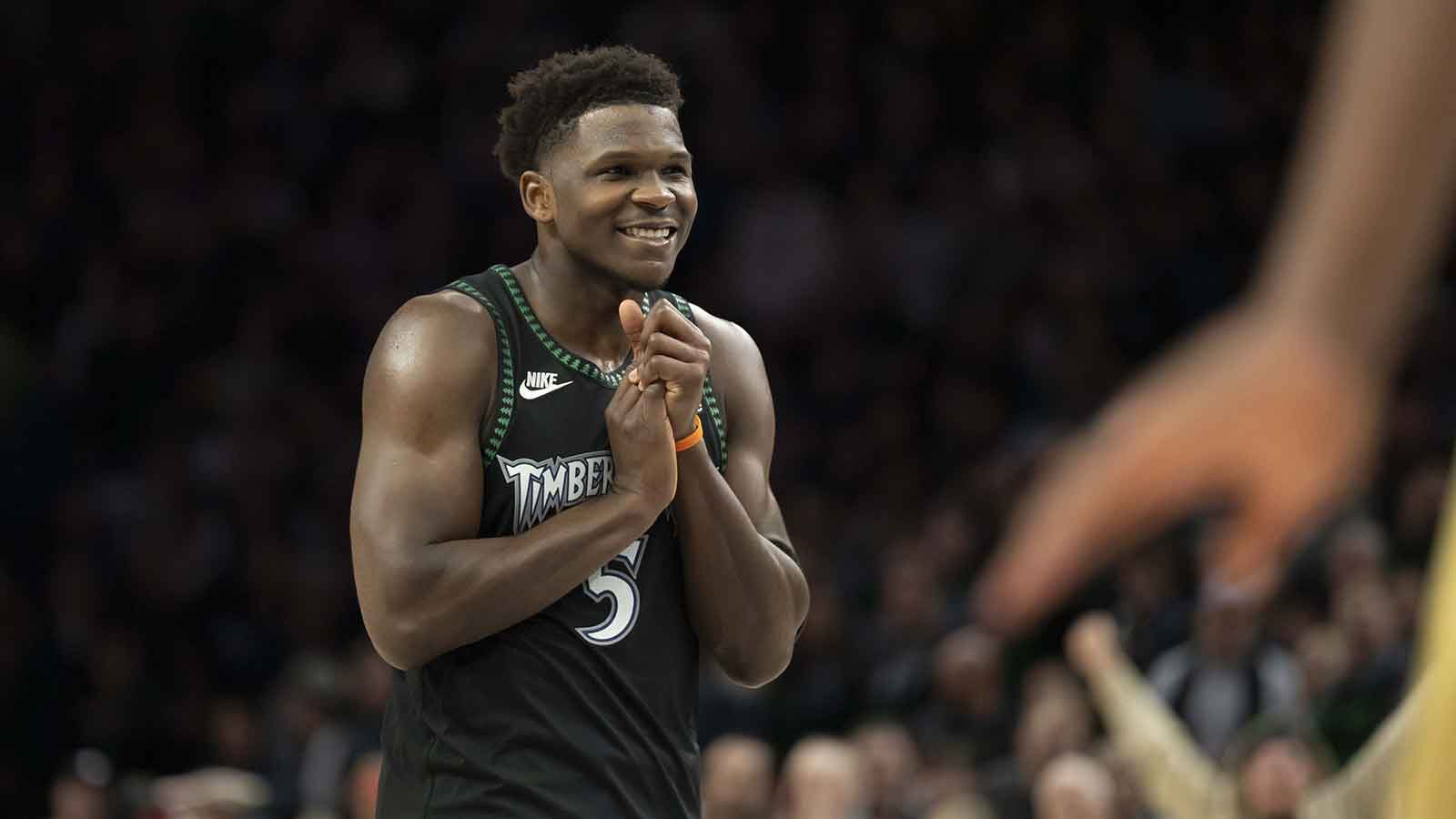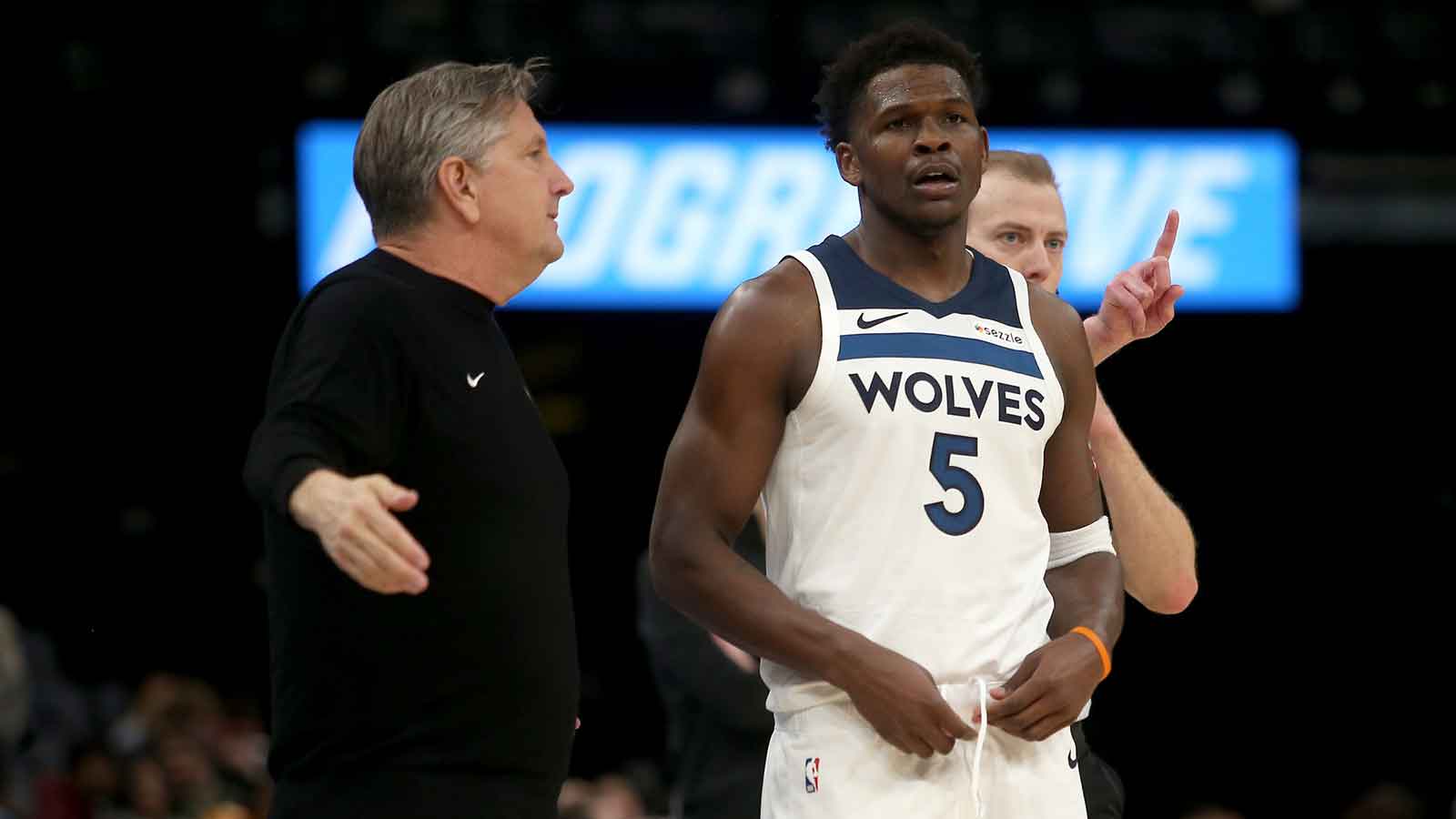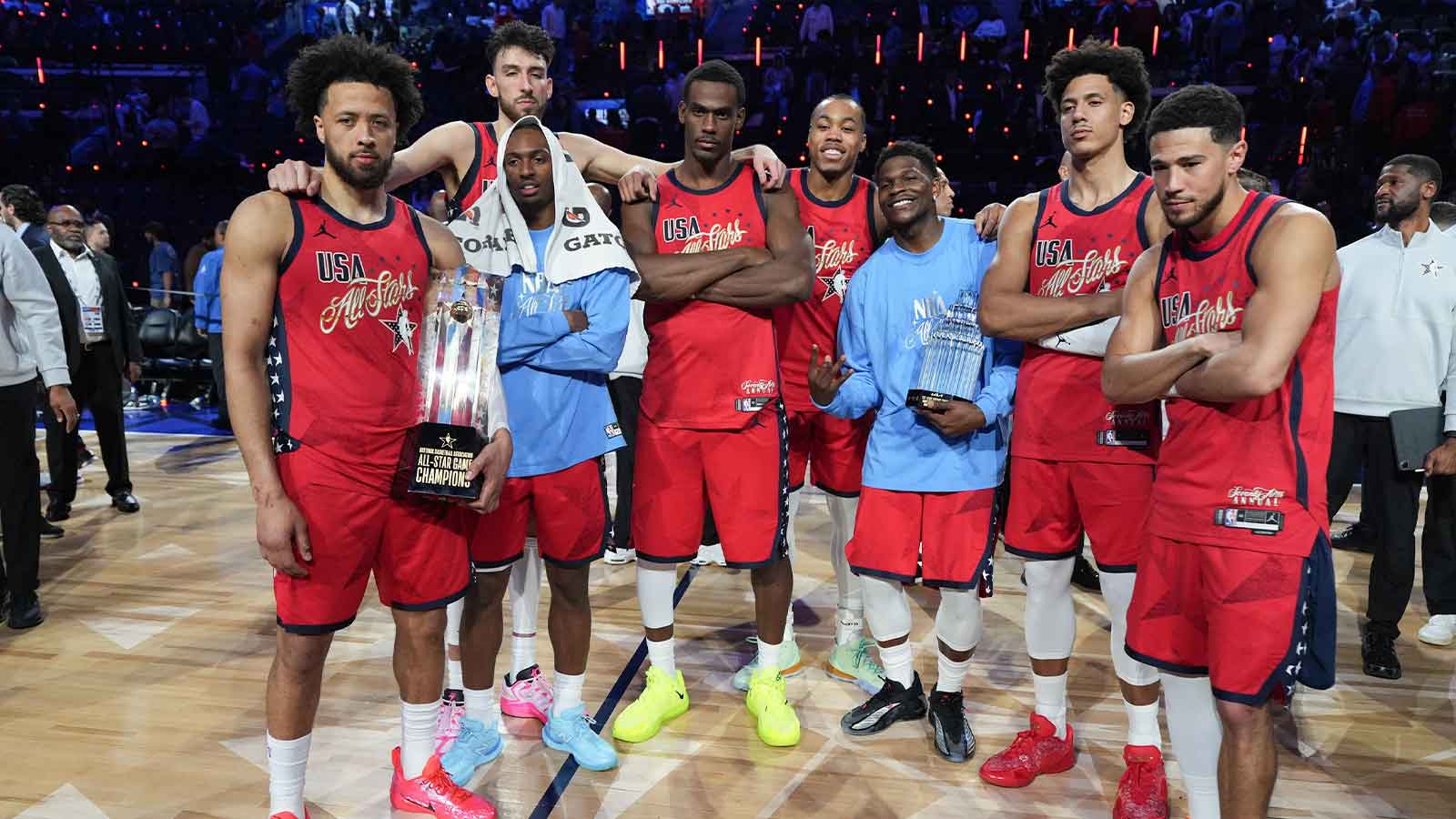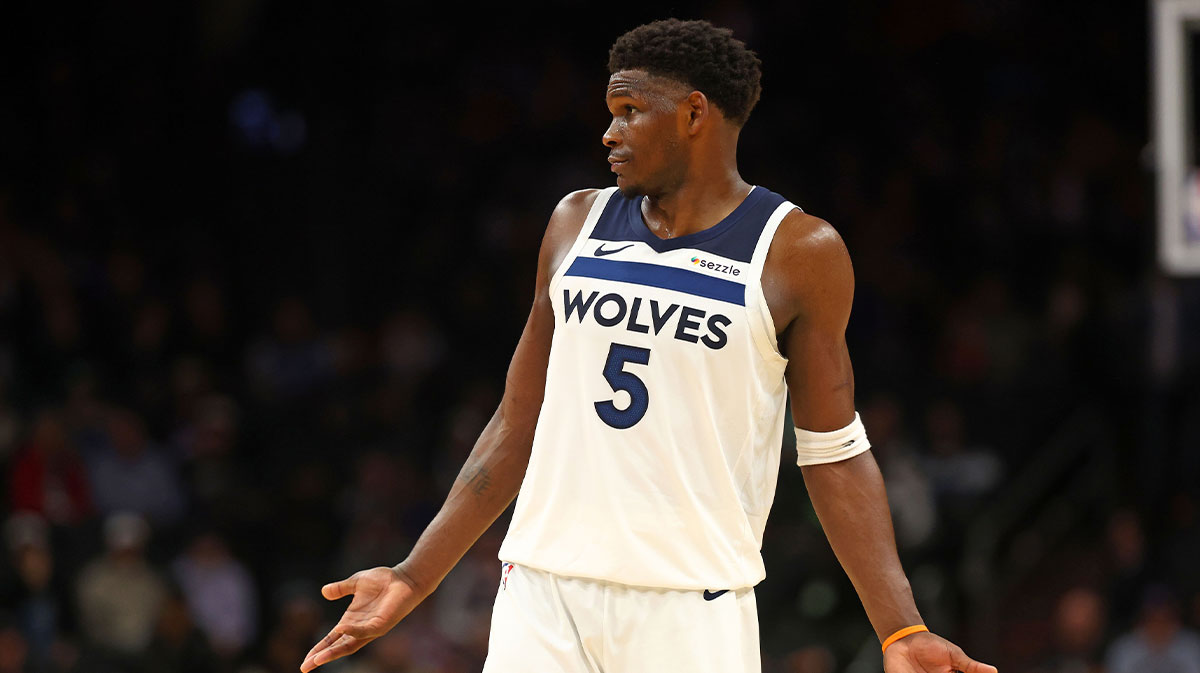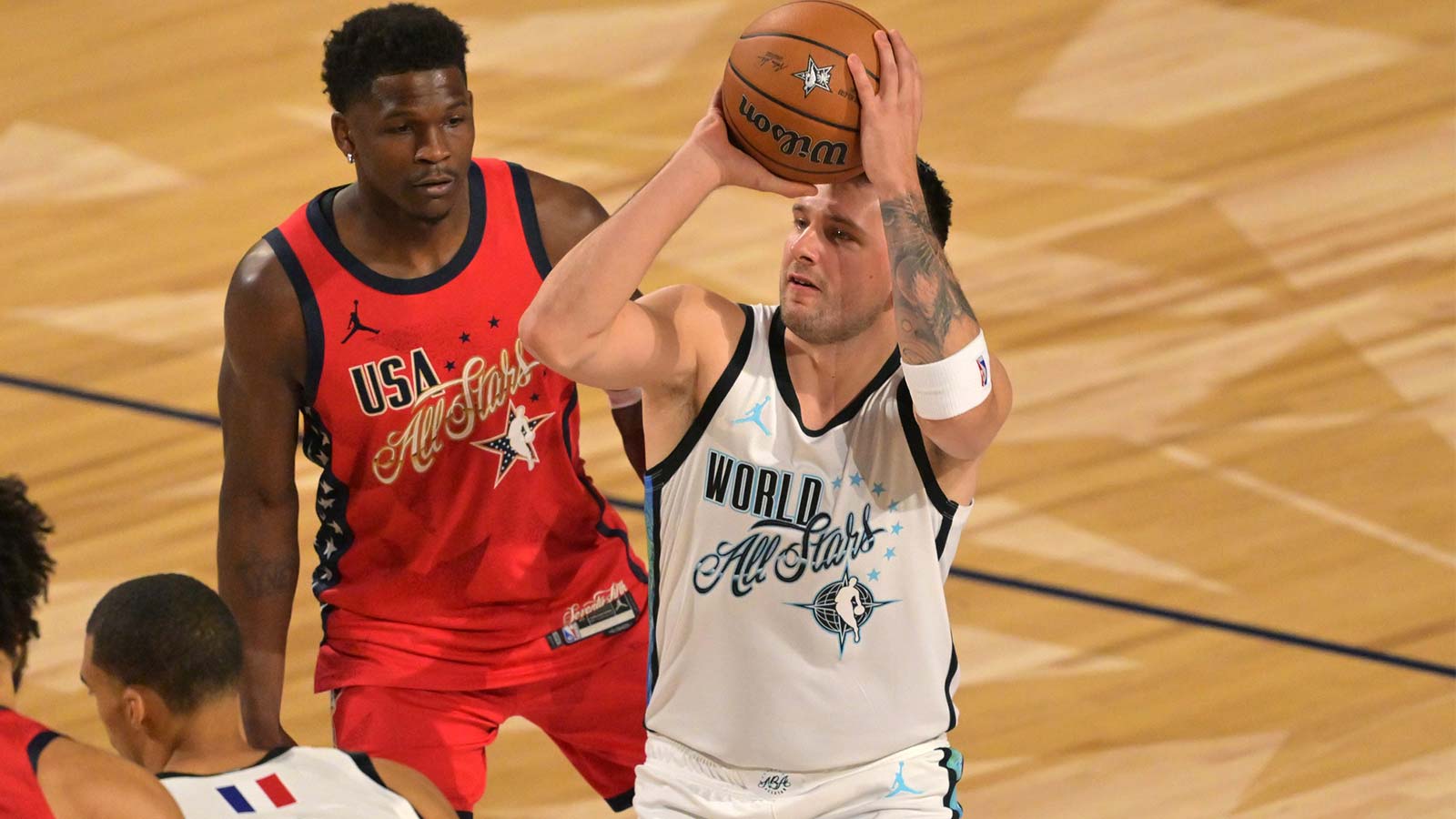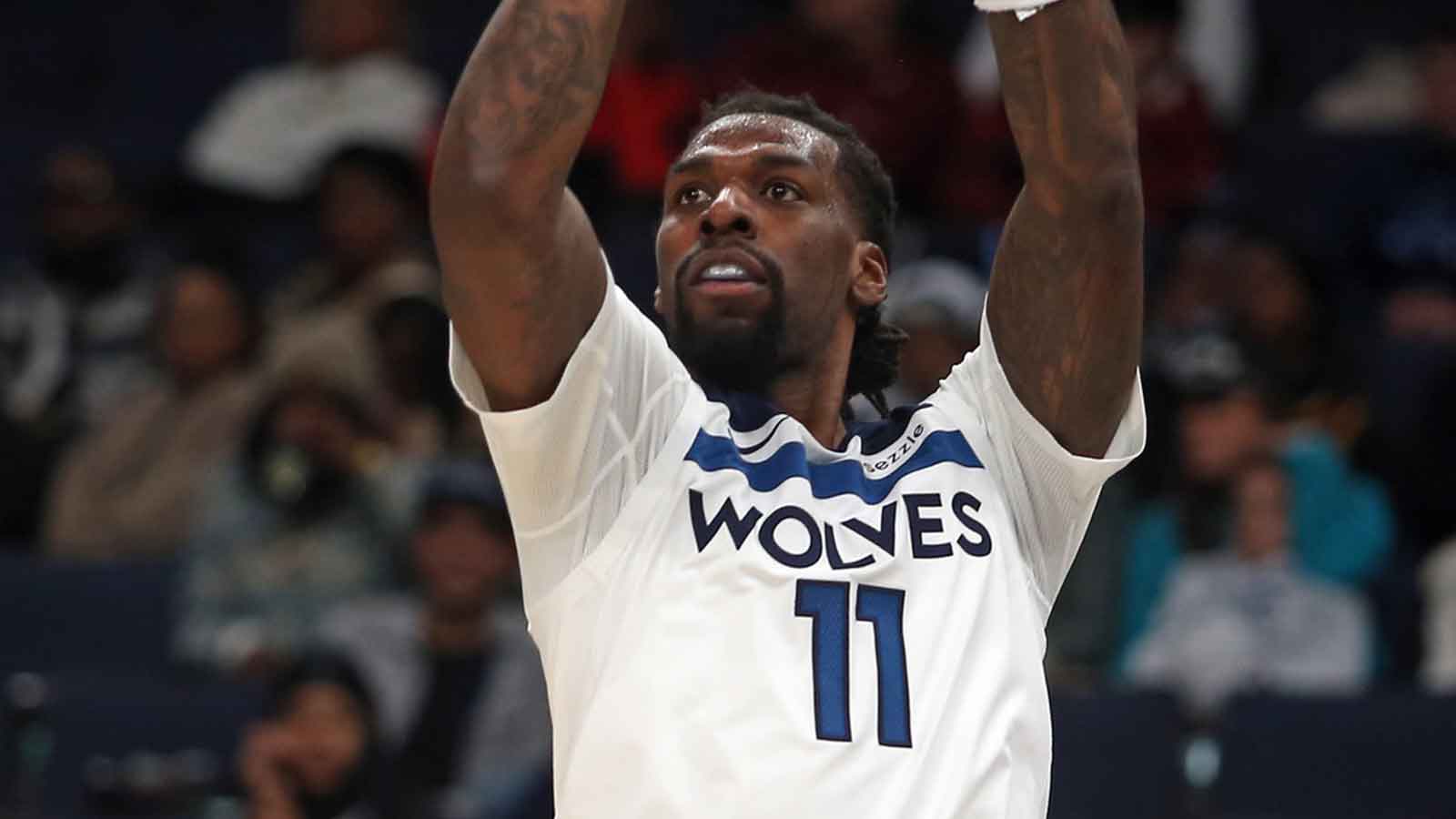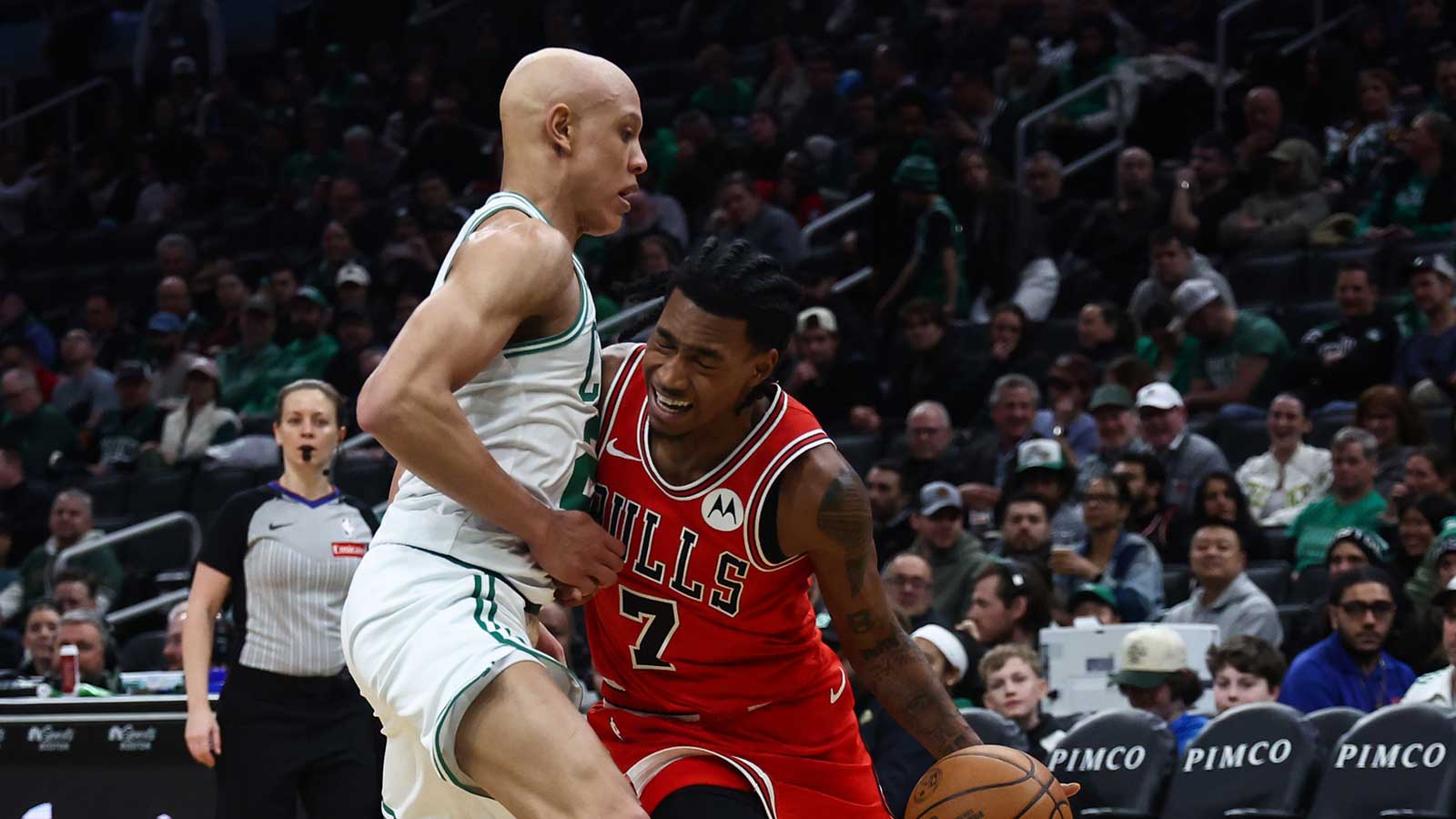Minnesota Timberwolves center Rudy Gobert has long been divisive. To some, Gobert is a marvelous defensive force, capable of shoring up a team's defense by himself with his elite defensive instincts and physical tools. However, when some look at the 7'1 Frenchman, all they see is a player who gets played off the court against elite shooting teams, as well as someone incapable of a single post move near the hoop.
However, Gobert is secure enough in what he brings to the table despite the growing concerns in recent days over the Timberwolves' purported overpay in the offseason trade that brought him from the Utah Jazz.
Speaking with Tania Ganguli of the New York Times (log-in required), Rudy Gobert acknowledged whose opinion truly matters to him as criticisms of his game grow deafening.
“The average fan might not understand what I bring to the table, but the GMs in the league do,” Gobert said.
Rudy Gobert is a three-time Defensive Player of the Year for a reason. He is a defensive system onto himself. It's no fluke that the Jazz' surge atop the standings in the late 2010s and early 2020s coincided with Gobert's emergence as the All-Star caliber player he is today.
However, his fit with Karl-Anthony Towns in Minnesota has been shaky at best and he hasn't impacted the Timberwolves defense the way he usually does. In fact, he is currently allowing the worst defensive field-goal percentage of his career at the rim this season as he acclimates to a new defensive system.
Still, despite the searing condemnation his game is receiving, Rudy Gobert knows that that comes with the territory of being the spotlight, and he has no problems weathering the adversity he's been facing.
“It’s not hard for me. I want to win, I’m a competitor, so it’s hard to lose. But at the same time, I’m able to understand the bigger picture and to understand that you got to go through pain to grow,” Gobert added. “A lot of people celebrate my failures. It’s kind of like a mark of respect for me just to have people that just wait until I do something wrong or until my teams start losing.”
“I kind of embrace that it’s part of the external noise that comes with all the success that we’ve had in Utah and over the last few years in my career.”
It's now up to the Timberwolves center to continue to make the right adjustments as he and Minnesota seek to prove that their swing-for-the-fences trade with the Jazz this past offseason won't end up as a spectacular failure.



